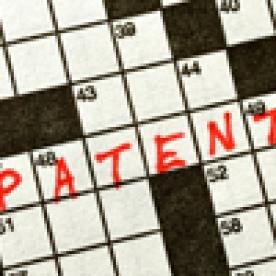Addressing the issue of standing to present a petition, the Patent Trial and Appeal Board (PTAB or Board) granted institution of an inter partes review (IPR), finding that the petition filed within one year of filing waiver of service was not barred under 35 U.S.C. § 315(b). The Brinkmann Corporation v. A&J Manufacturing, LLC, Case No. IPR2015-00056 (PTAB, Mar. 23, 2015) (Kamholz, APJ).
Brinkmann filed a petition for IPR, challenging all claims of A&J’s patent relating to a barbecue grill that allows simultaneous gas grilling and charcoal-fueled grilling. The patent owner had earlier sued the petitioner for patent infringement in district court and had sent a copy of the complaint and a request for waiver of service to the petitioner on October 7, 2013. The patent owner filed the petitioner’s executed waiver of service with the district court on October 21, 2013. The patent owner also filed a complaint with the U.S. International Trade Commission (ITC), which later served the petitioner with the patent owner’s complaint on September 23, 2013. The petitioner filed the IPR petition on October 13, 2014.
Analyzing § 315(b), the Board found that the petitioner had not exceeded the one-year bar date at the time of filing the petition. The Board concluded that the one-year bar period began to run when the petitioner’s waiver of service was filed with the district court, rejecting the patent owner’s argument that the one-year bar period triggered when the petitioner was sent a copy of the complaint. The Board also concluded that service of the ITC complaint on the petitioner had no bearing on the one-year bar period, rejecting the patent owner’s argument that the petitioner was served with the ITC complaint more than one year prior to the petition filing date. The Board concluded that the § 315(b) bar is triggered only by a civil action, not an arbitral or administrative proceeding such as an ITC investigation.
The Board also found that institution of the IPR was not barred under § 315(a) or (b) based on actions of asserted real parties in interest, nor dismissible under § 312(a)(2) for failure to name all real parties in interest. The Board rejected the patent owner’s argument that the petitioner had failed to name defendants in related civil actions and co-respondents in the related ITC proceeding, finding that the patent owner had not supplied sufficient credible evidence indicating that such defendants or respondents played an active role in the petition or had a continuing interest in the IPR proceeding.



 i
i

